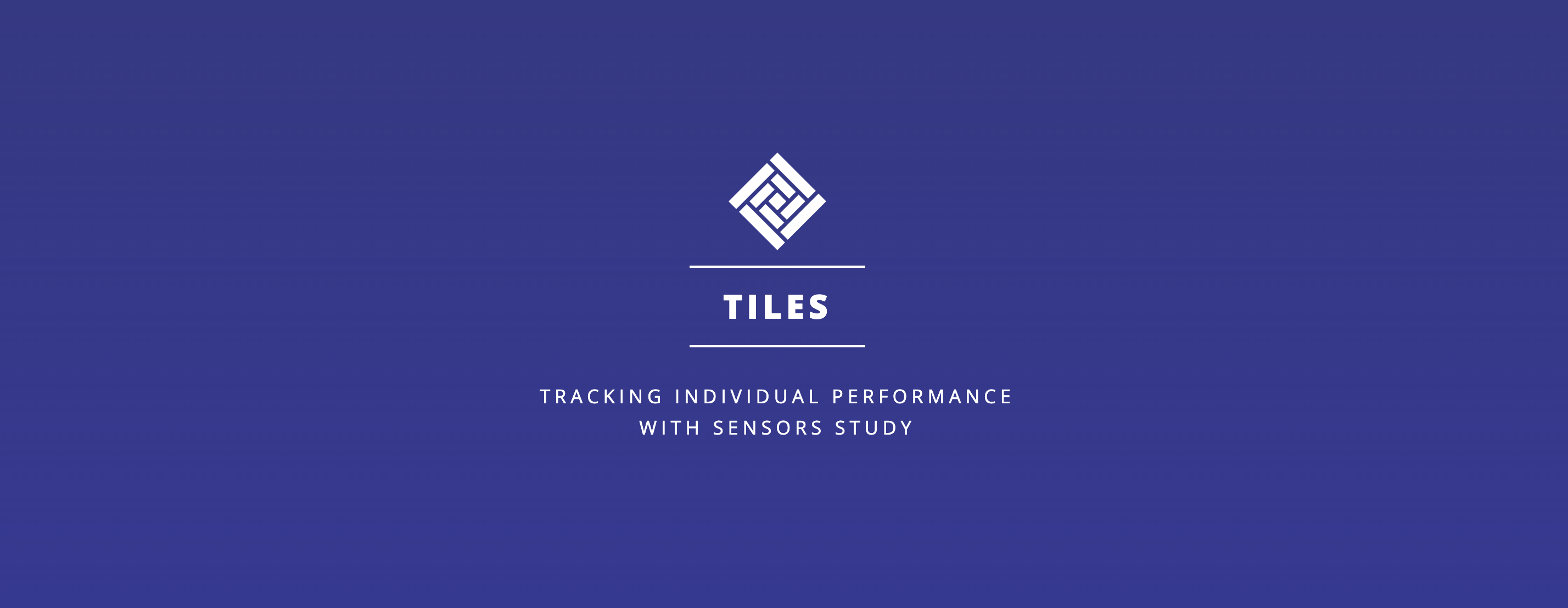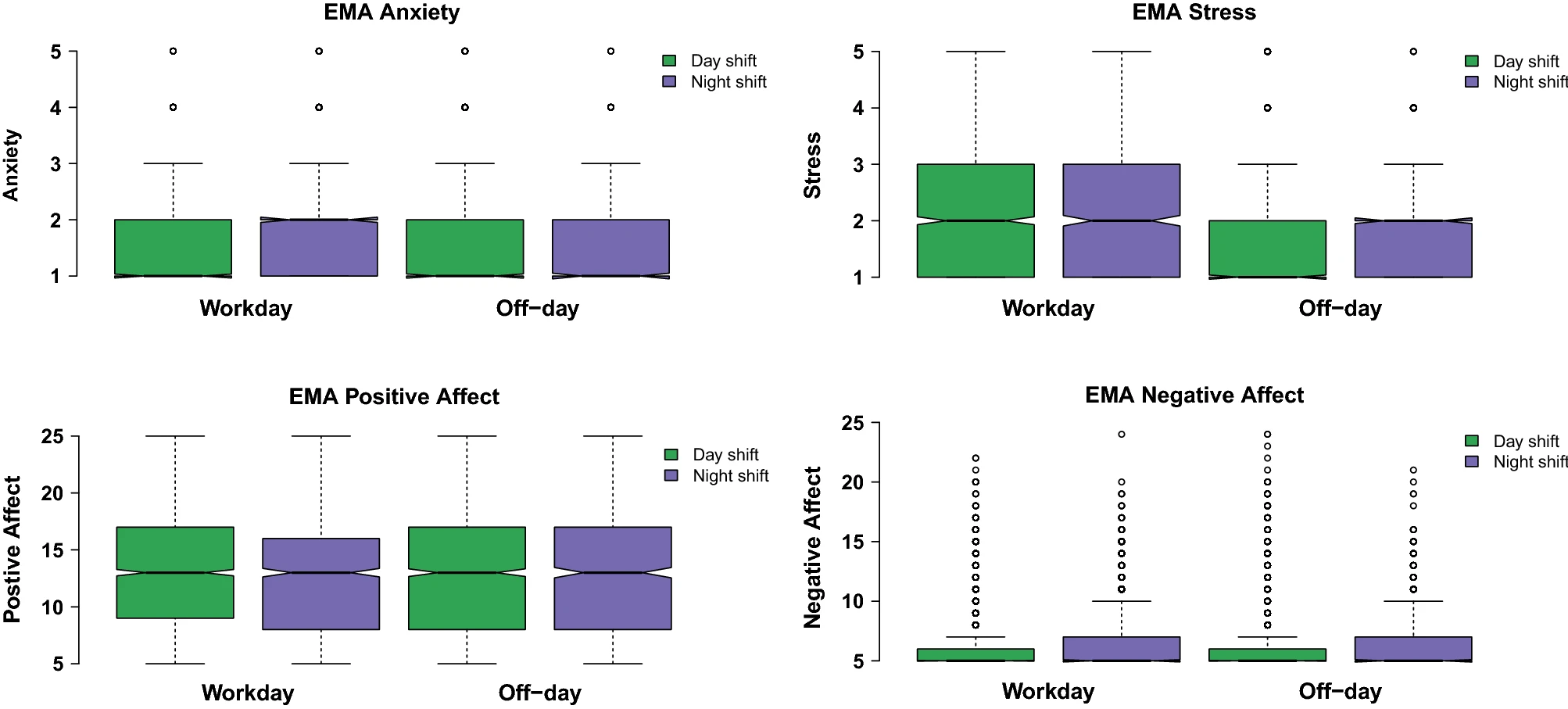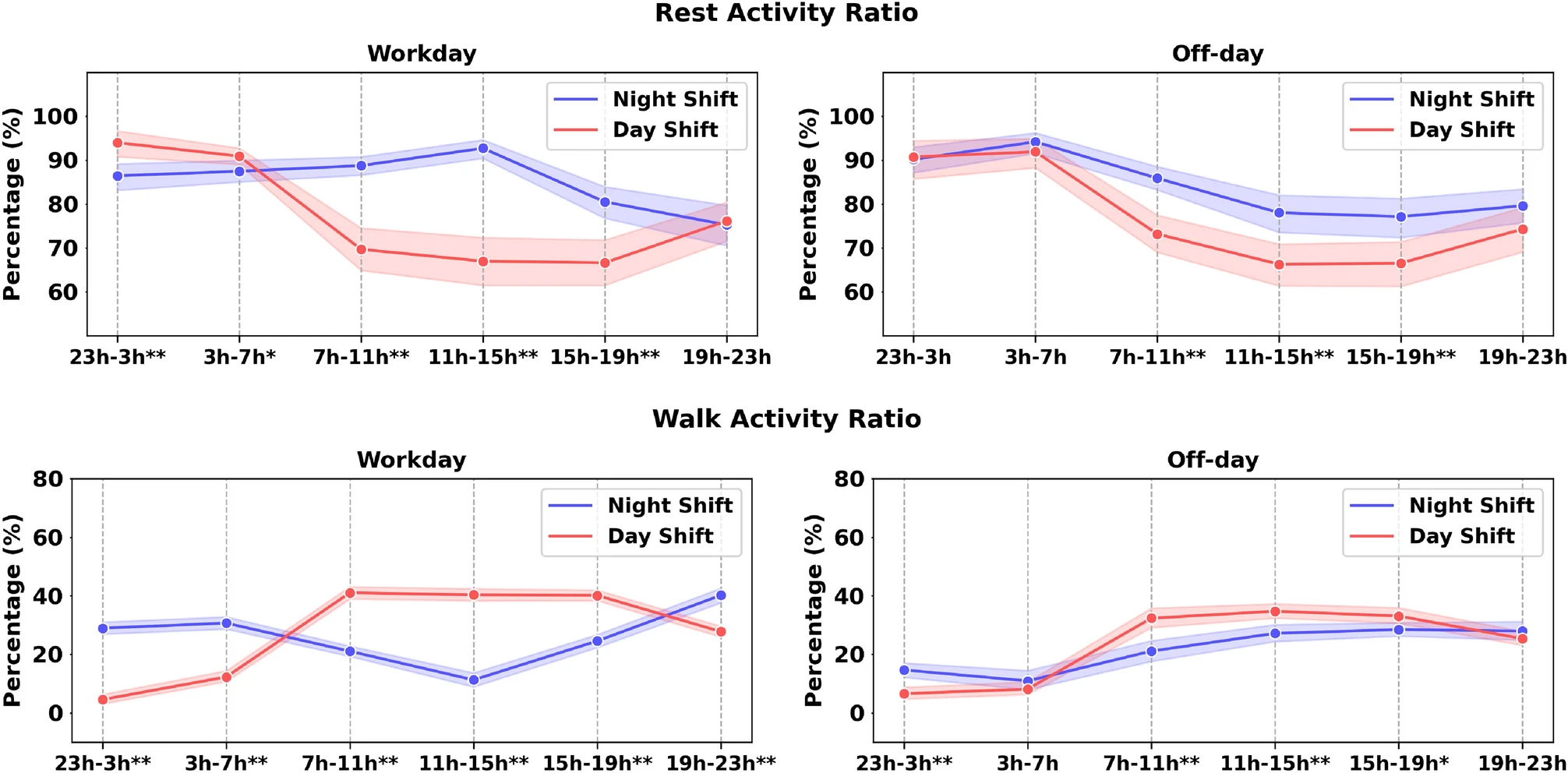Data/AI SmartWatch Project is a Project in conjunction with the Information Sciences department partnered with Keck Hospital. Keck Hospital was in need of research and analysis on smart wearables with a focus on data collection, data management, and ethical considerations. This research is used to develop ethical data design recommendations that shape hospital health policies for over 500 night shift nurses.





.png)

.png)

.png)

.png)





